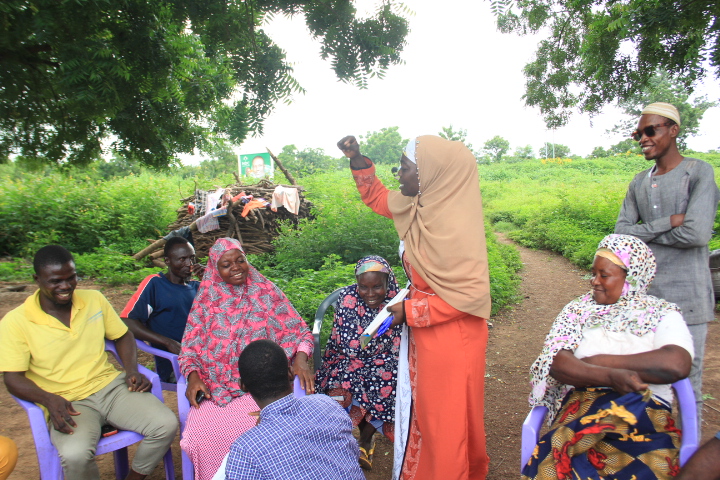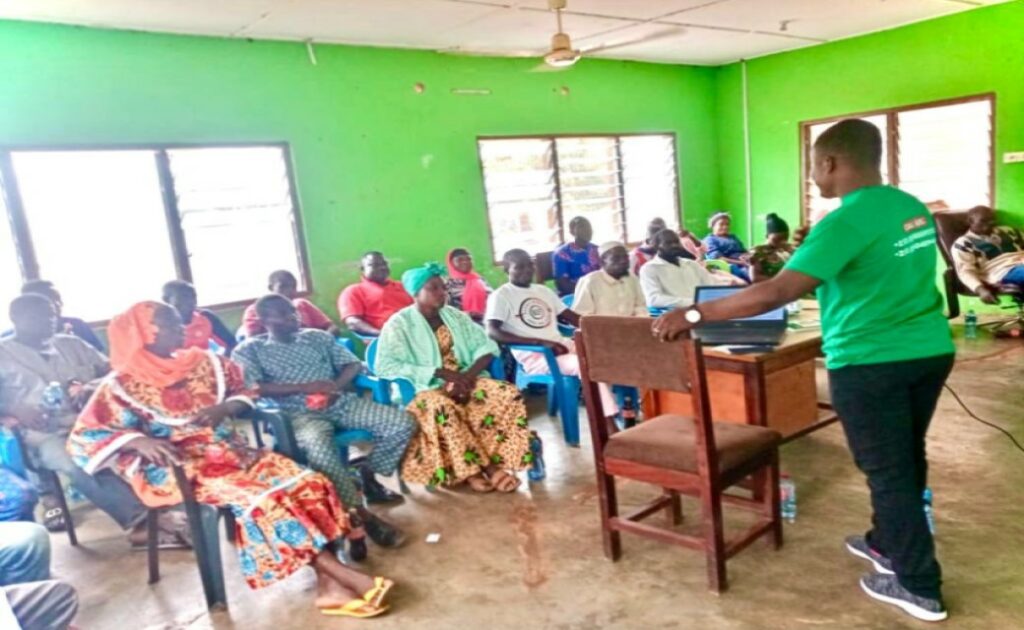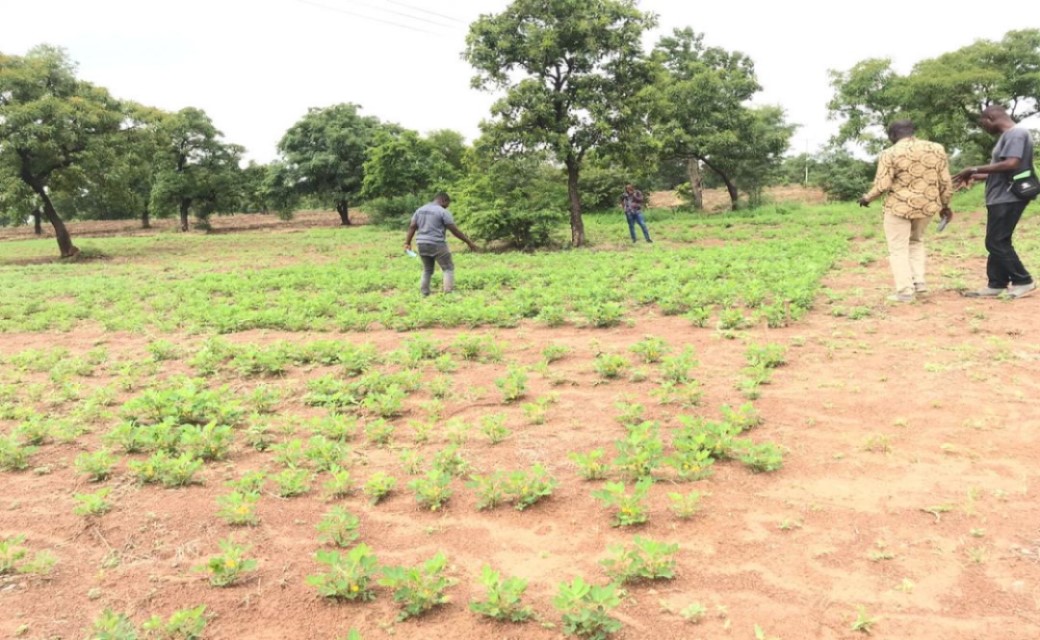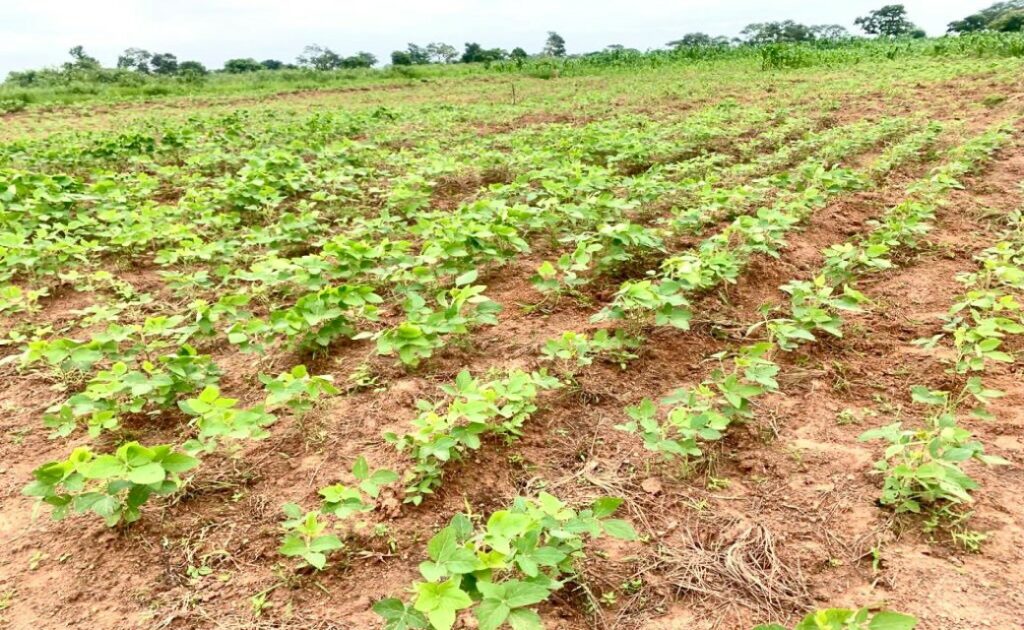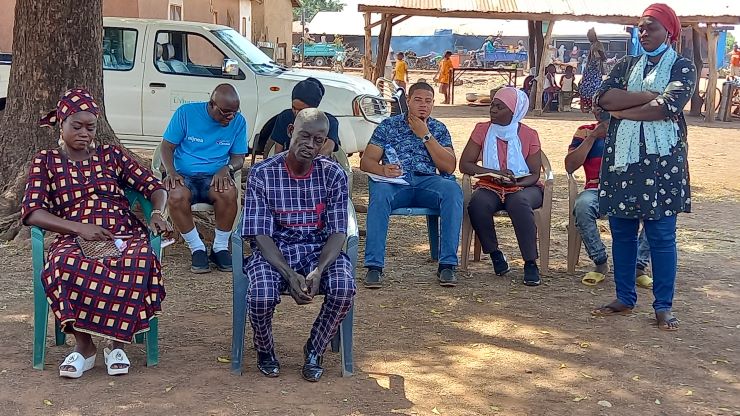The Gender Family Module (GMF) is an aspect of the GROW2 project that deals directly with couples within the Project’s Zone of Influence. The Module focuses on raising awareness about gender equity within households, promoting women’s participation in decision-making, improving well-being, and other ways of promoting positive development within households and the community at large. Although the module deals with couples, its primary focus is creating a conducive environment for couples and improving the well-being of the children.
The GMF has successfully been implemented in the Nanton district within the Northern Region, and some of these couples were able to share the impact of the programme on their households during the official launch of the GROW2 project in July.
Following the successful implementation of the GMF in the Nanton district, and the impact it has had on several couples and households, there was a need to expand to other districts. For this reason, the GMF concept is currently being implemented in two communities within the Central Gonja District; Sankupe and Tidrope, with about 41 couples and 53 couples trained on the concept, respectively.
During the implementation, couples were taken through the Triple Role, which includes the Reproductive, Productive and Community Management Roles which was facilitated by the Gender Equality and Social Inclusion Coordinator, Madam Nimatu Siisu, and the GROW2 Project Officer, Mr. Ibrahim Abdallah, for Central Gonja District. A great number of additional couples showed interest and were asked to be registered with the Assembly Men, who act as the Village Agents for the communities.
The need to reduce violence between spouses and increase codependency amongst them is as significant as supporting the clients of the project in terms of their businesses and farming activities. As much as the project intends to build economic freedom for WSHFs, it also takes into consideration the environment in which they live and the kind they raise their children in. For the rest of the period of GROW2 project implementation, more communities within the Zones of Influence will be scouted to ensure they benefit from the GMF.

